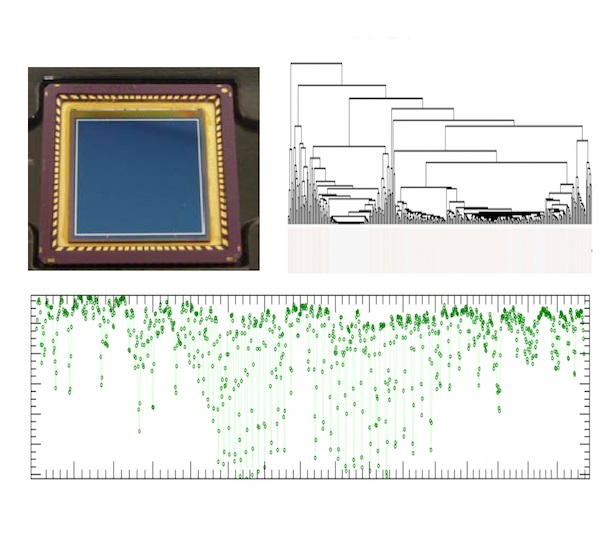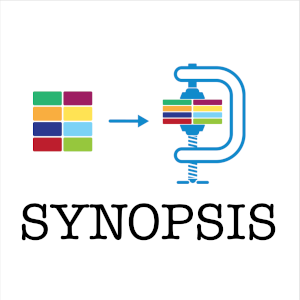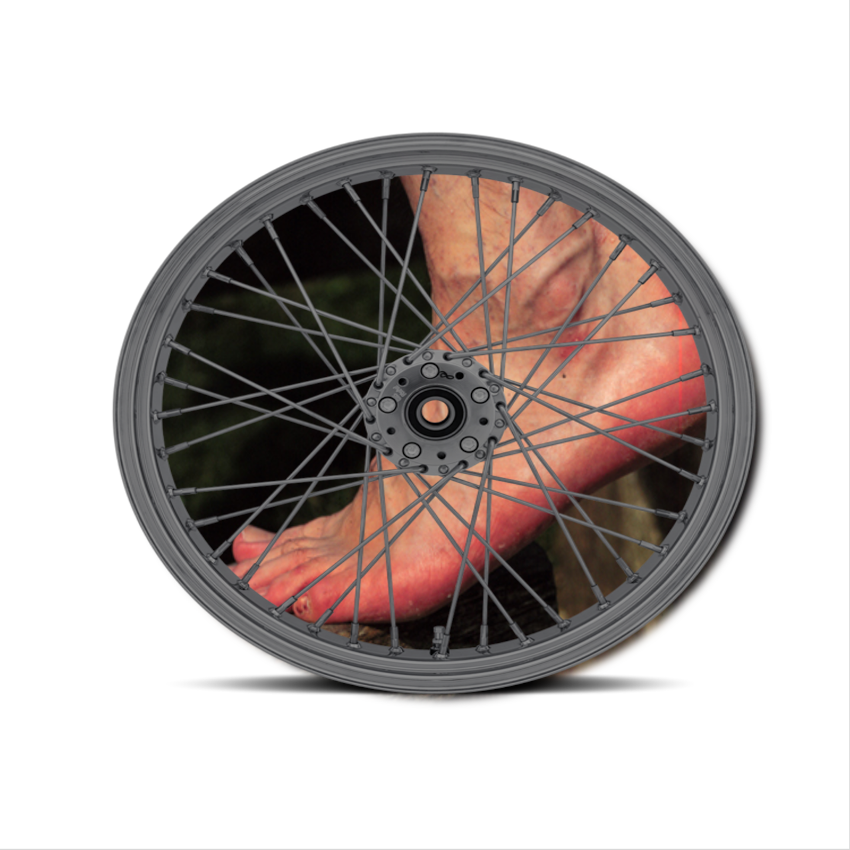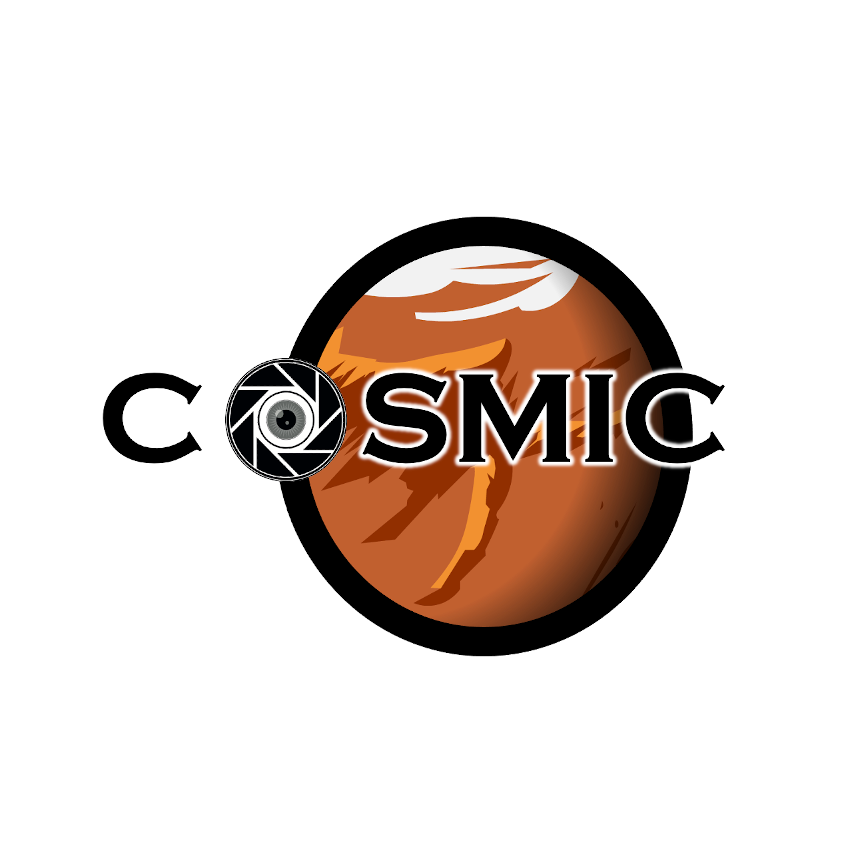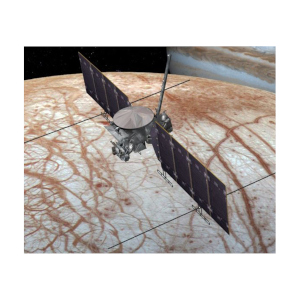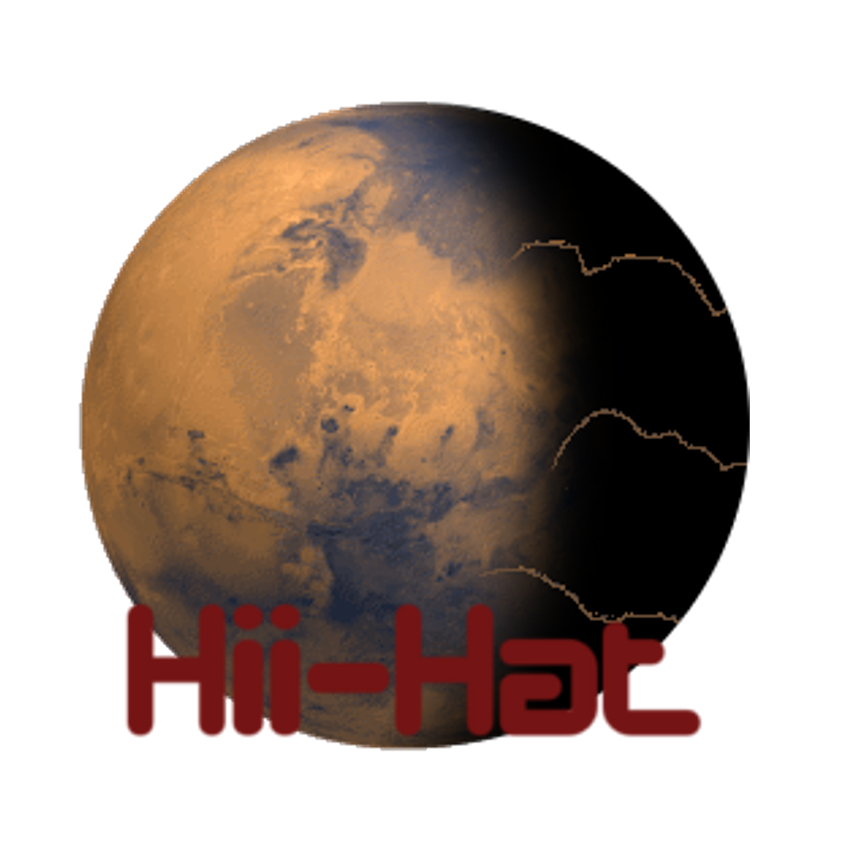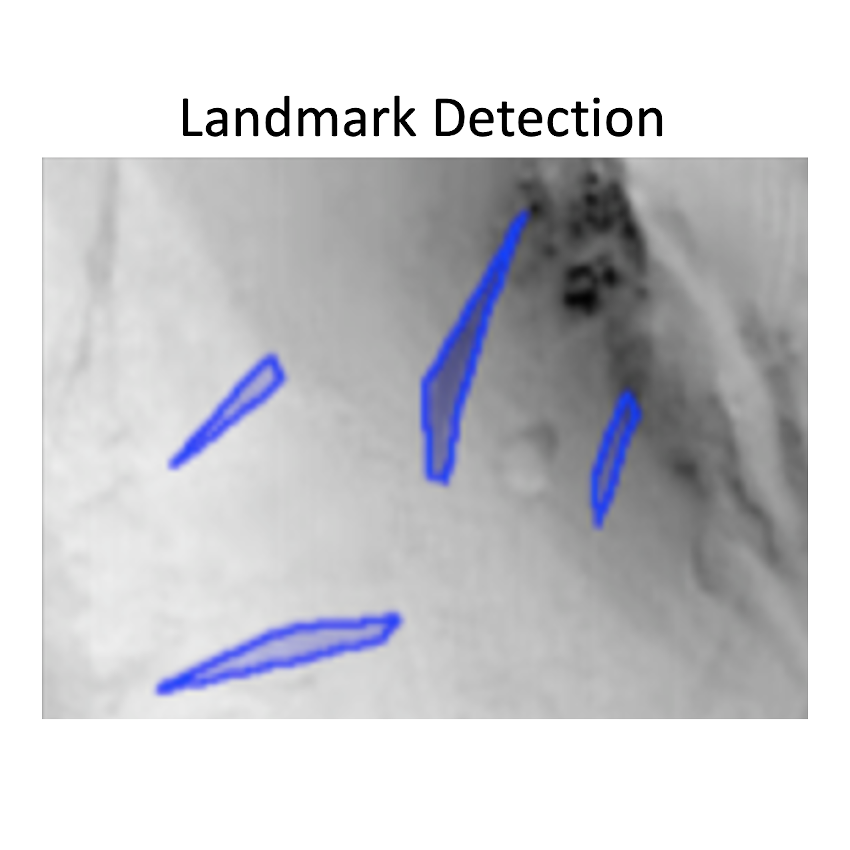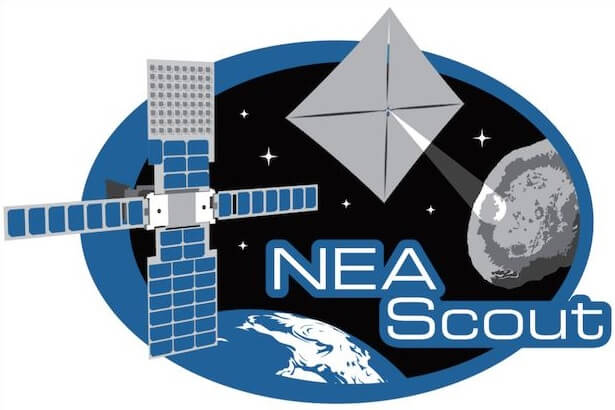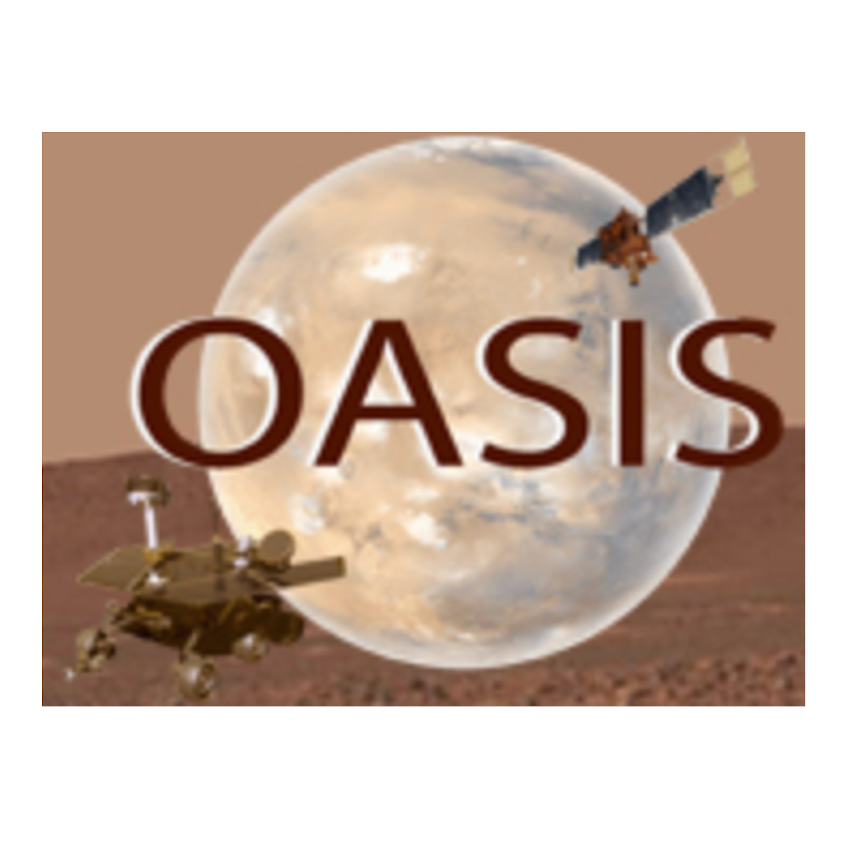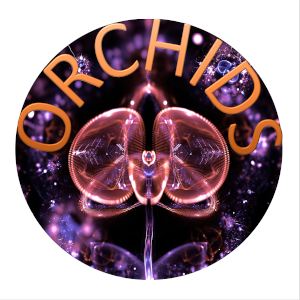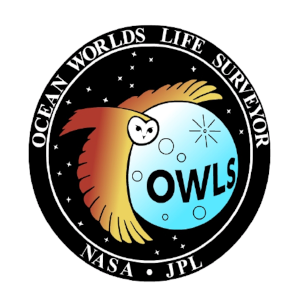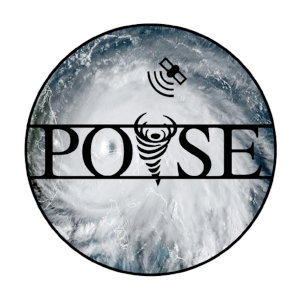Instrument Autonomy
Physical limitations on the return of scientific data from remote spacecraft create a severe bottleneck in the advancement of planetary science. Yet, to address pressing science like past or present habitability will require instruments that produce several orders of magnitude more data than can be returned. The MLIA group is NASA’s premier onboard science capability developer, with systems operating from Earth’s orbit to Mars, and enabling concepts in design for future Ocean Worlds exploration. Ranging from summarization and knowledge compression of science observations to prioritization of the most informative discoveries, MLIA’s onboard science concepts enable new classes of instruments to break the bandwidth barrier and address otherwise unattainable planetary science questions. In formulation, these technologies provide a fundamentally new trade: onboard computation and science autonomy vs. expensive mission downlink time.
Short summary of how instrument autonomy supported the OWLS instrument program.
Areas of Expertise
| Novel Science Capture | Trustable Science Autonomy |
|---|---|
| Recognition of known science targets | Computational efficiency for onboard environment |
| Discovery of anomalies & outliers | Interpretable behavior / decisions |
| Reactive Follow-on Observations | Uncertainty awareness |
| Prioritization by science utility and diversity | Context capture & overlapping lines of evidence |
| Real-time requirements | Maximized Operations team awareness |
| Model-informed observing schedules | Instrument health & trending |
Current Projects
-
Past Projects

